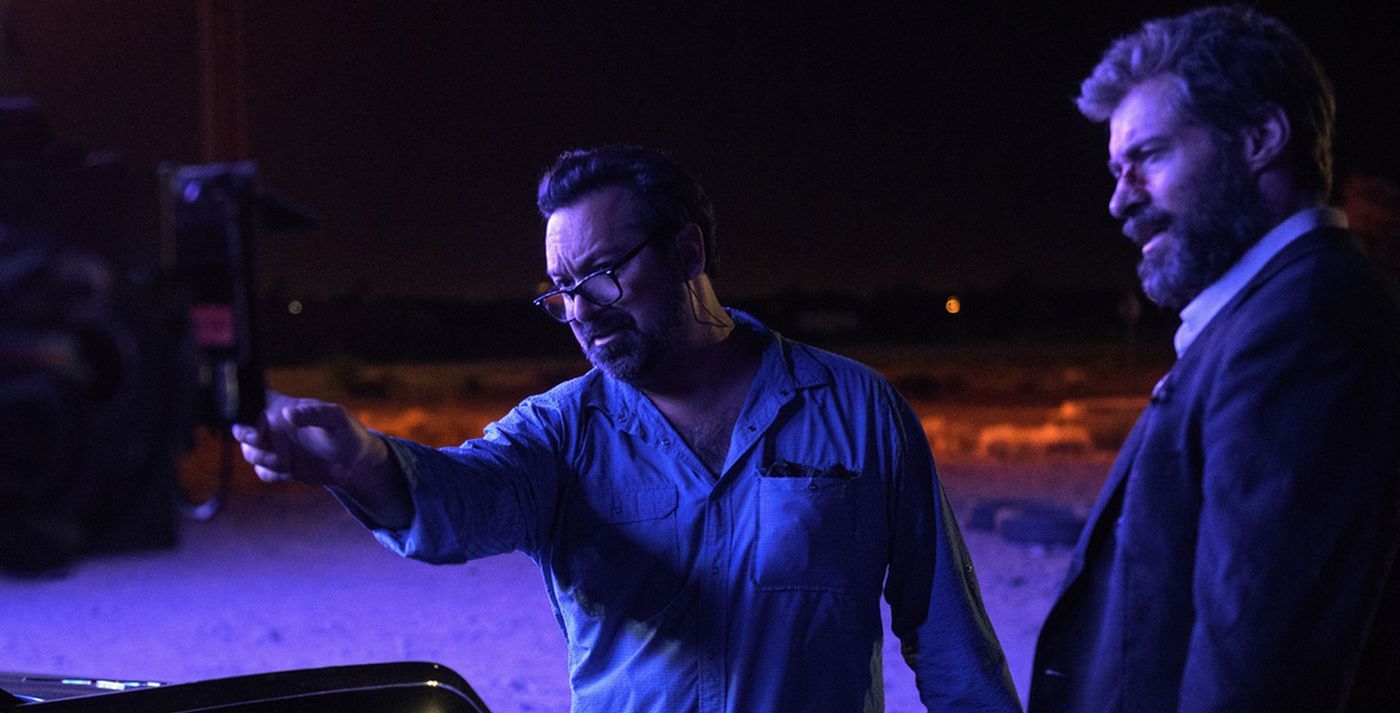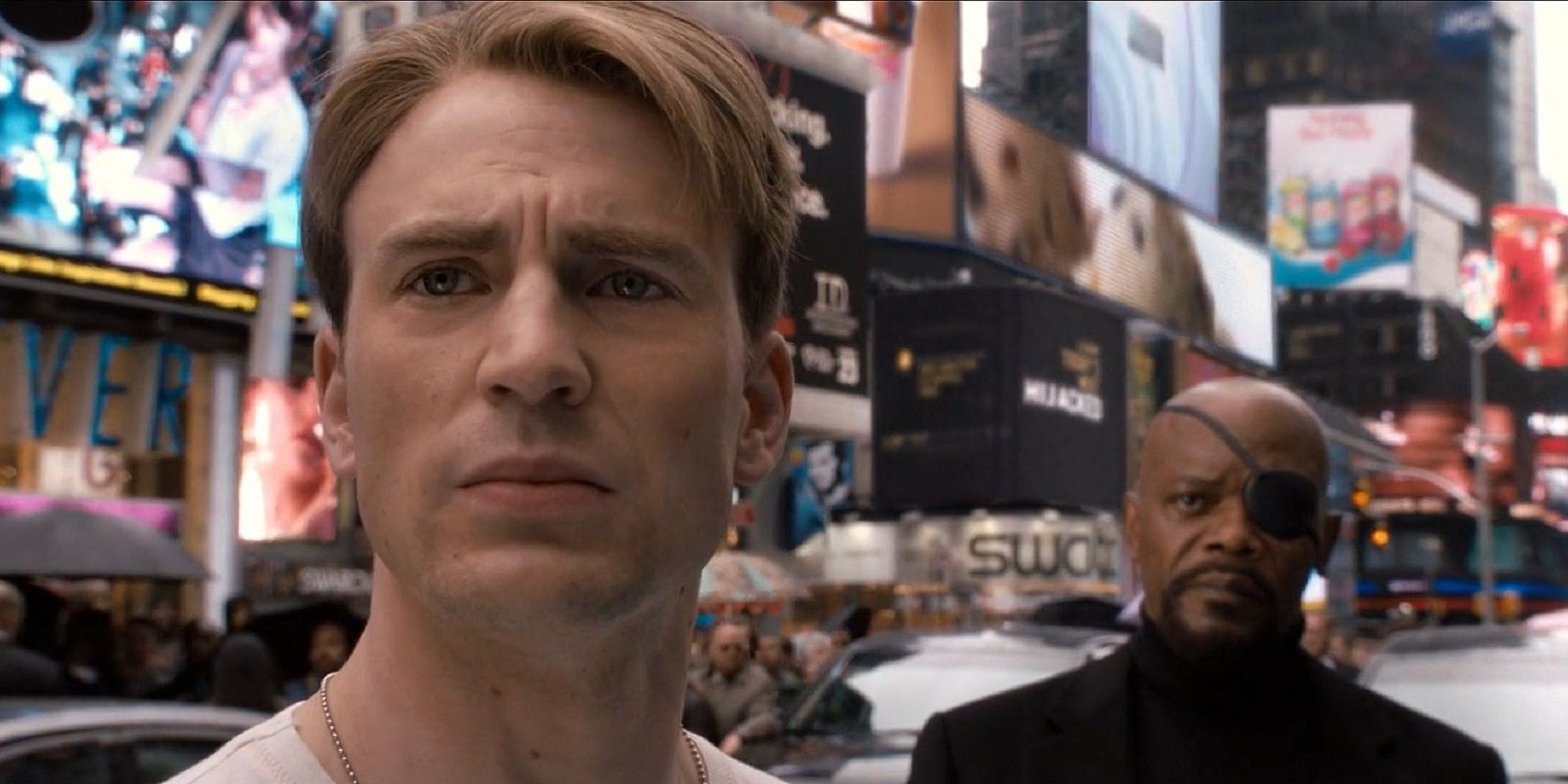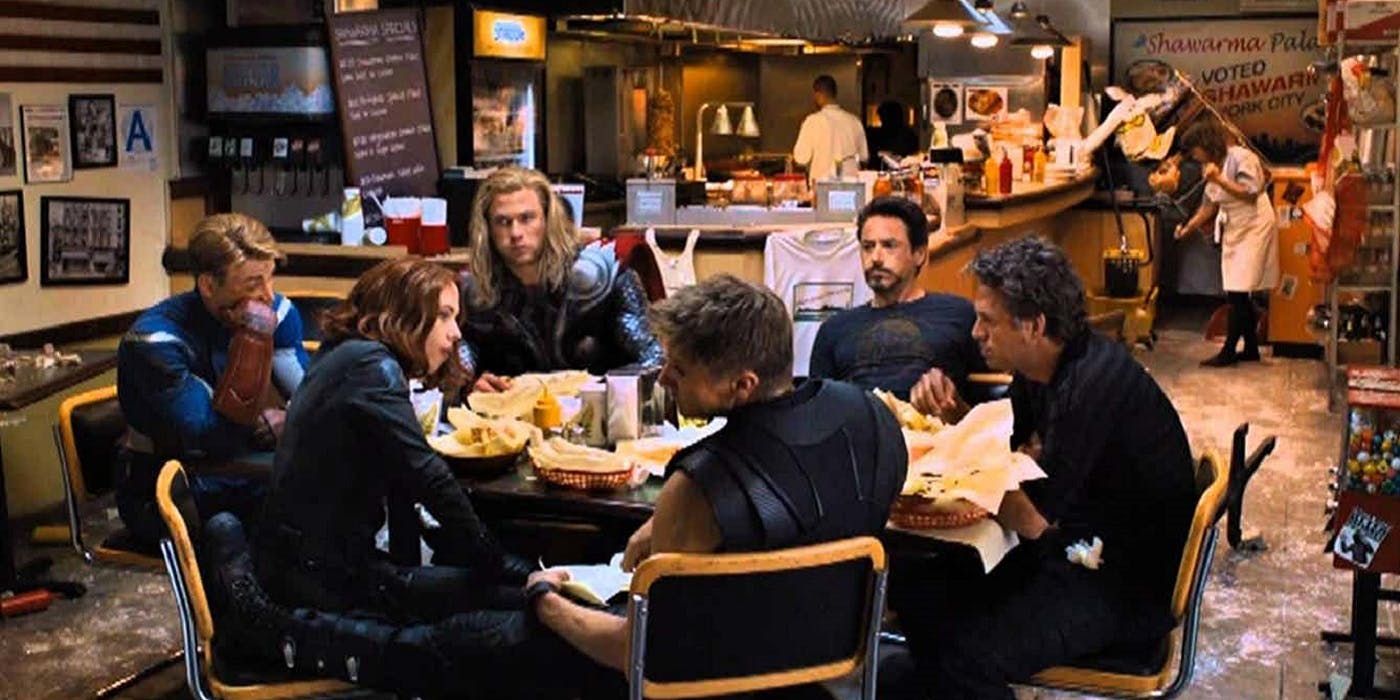Logan's director James Mangold has vocally derided the practice of attaching post-credits scenes to movies. At Audi's 2018 Writers Guild Association Beyond Words Panel, the filmmaker behind Cop Land, Walk The Line, and two hit films about the Wolverine, shared his opinion that post-credits scenes are not only "cheating" and evidence that "[the director] couldn't land your f***ing movie['s ending]," but that ultimately the practice of using them is "f***ing embarrassing."
Mr. Mangold is certainly entitled to his position on Hollywood's current penchant of attaching stingers to the end credits of their blockbusters. Part of his umbrage could stem from his personal experience; he himself attached a post-credits scene to 2013's The Wolverine to set up the next summer's X-Men: Days of Future Past. As both were part of FOX's franchise, the studio's call in that matter was final. Mangold also seems unhappy with the practice in general. He feels post-credits scenes cheapen the theatrical experience because in his view, they are basically ads selling the audience on the next product, which is a fair assessment.
Related: Logan's Oscar Nomination Is a Game Changer
The director is wrong, however, that post-credit scenes are truly a detriment to modern movies. In the grand scheme of things, post-credits scenes are not much more than icing on top of a cake and, when used properly, they enhance the moviegoing experience. In short, post-credits scenes are part of the fun of movies!
This Page: Why Post-Credits Scenes Are A Good Thing
Why Post-Credits Scenes Are A Good Thing
Post-credits scenes have been part of movies for almost as long as movies have existed - 1903's The Great Train Robbery was the first recorded example of an extra coming at the end of a film. They have popped up irregularly over the decades in films like The Muppet Movie, Airplane!, and Ferris Bueller's Day Off. Note the common denominator to those three examples: they are all comedies offering extra bits to send a happy audience on their way. Who can forget There's Something About Mary's singalong to "Build Me Up Buttercup" whisking audience members already exhausted from laughing out of theaters?
The game changed, of course, at the final moments of 2008's Iron Man when Samuel L. Jackson's Nick Fury appeared with an offer to Tony Stark (Robert Downey Jr.) about the "Avengers Initiative." This harkened to the existence of the greater Marvel Cinematic Universe, a prophecy that has been fulfilled to success beyond anyone's wildest dreams. Marvel Studios has now pioneered the modern post-credits scene craze.
Marvel Studios President Kevin Feige succinctly explained his love of post-credits scenes:
"As a film nerd, I never wanted it to end. I didn't want the experience¦no matter how good or bad the movie was, just the experience of being in the movie theater, I didn't want to end. So I would always sit through the credits.
Related: Logan Has A Real Chance of Winning Its Oscar
Feige gambled, successfully, that there are millions of dedicated movie lovers who share his philosophy and don't charge through the exits after the final fade out. A certain segment of moviegoer will respectfully sit all the way through the end credits to watch the list of thousands of names who worked on a film and to discuss the film with whoever is with them. Feige simply fused his personal desire to be rewarded with something extra for sitting through the credits with the business of servicing Marvel's shared universe and teasing the next chapter in the ever-expanding franchise. What Marvel in turn created with the help of post-credits scenes was a brand loyalty that is arguably the most powerful ever seen between a studio and its fanbase.
However, "Movies are a gold rush business," as screenwriter William Goldman wisely stated, and to the dismay of many, including Mangold, other studios have rushed to copy Marvel's success by inserting stingers to their superhero blockbusters' credits. Mangold found himself caught up in this wave when he signed on to direct The Wolverine, which in turn had to tease - or in his view "sell" - the next chapter of the X-Men saga. The Oscar-nominated Logan director's umbrage with the practice has a basis in that he views stingers as a function of commerce instead of art. They can be both, if done properly, just like the films themselves.
Yet, stingers are valuable in another way that enhances the theatrical moviegoing experience: post-credits scenes are primarily aimed at the movie theater attendee. It's one of the bonuses the theatrical moviegoer can receive that aren't offered by streaming services like Netflix, which immediately presents the option to jump to the very next thing to watch.
What James Mangold Misses About Post-Credits Scenes
No post-credit scene can save a bad movie. You can't cheat to ace a test you've already failed. Therefore, stingers aren't cheating if the preceding movie is a failure overall or even if the ending didn't "land". Mangold seems to argue that a bonus scene or extra moment after the conclusion of the main narrative indicates a failure on that part of that narrative, or even just in the ending. He also posits a theory that post-credits scenes were created both to cover up for and to distract from bad films, but the evidence doesn't support that. Using Marvel Studios as the prime 'culprit', most Marvel films are critically acclaimed as well as commercially successful. Meanwhile, films like Airplane!, Ferris Bueller, and The Muppet Movie are beloved comedy classics.
Post-credits scenes are only de rigueur for a certain type of movie, primarily superhero franchise blockbusters that are part of a shared universe. Indeed, not every type of film requires a post-credits scene - and that applies to superhero films as well. Mangold's own Logan had an ending so resonant and evocative that certainly, nothing else needed to follow. Similarly, Patty Jenkins did not attach a post-credits scene to Wonder Woman, whether to set up Justice League or even tease Wonder Woman 2. Mangold bemoans the audience being "addicted" to bonus credits and the culture that has spawned around them, but overall, isn't something that helps fuel a healthy interest in movies a good thing? In addition, rarely is there a complaint about a movie when a post-credit scene isn't present (though some theaters occasionally do post signs informing patrons that the film they are seeing has no post-credits scene and they don't have to stay).
Related: Hollywood's Award Season Elitism Is Slowly Killing The Oscars
Overall, what exactly is the harm being caused to the art of filmmaking by having a post-credits scene attached? The film is still judged on its merits; the post-credits scene is rarely regarded as part of the film itself rather than as a bonus after the main narrative has ended. In the case of a shared universe, the post-credits scene is usually either a comment on an aspect of the preceding film or a bridge to what's to come next. It's rare to actually equate a stinger as being part of the movie it follows; thus, the movie is still a complete experience even if you never see the post-credit scene. They are, at the end of the day, bonus extras.
There can, of course, be too much of a good thing in regards to stingers. It can be argued Marvel went overboard with a whopping five post-credits scenes for Guardians of the Galaxy Vol. 2. But the existence of bonus scenes isn't the issue; like any tool of filmmaking, it's how and why the filmmaker uses them. Post-credit stingers can indeed be a studio mandate to help sell a product, but at best, they can be enjoyed as short films all their own.
Overall, post-credits scenes are best seen as a fun extra reward that helps extend the moviegoing experience just a little bit longer. They spark anticipation among movie fans and help generate all-important buzz for movies yet to be released. At their best, they can even allow for the same kind of leveling off to resume real life after a joyous movie-going experience as the Avengers received when they silently ate shwarma together after saving the world.



